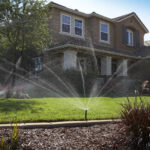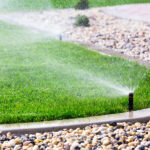As experts in the field of sprinkler system repair, we have seen many homeowners make avoidable mistakes that can result in costly repairs and even damage to their lawns. To help you keep your sprinkler system running smoothly and avoid unnecessary expenses, we have compiled a comprehensive list of the 7 most common sprinkler system repair mistakes to avoid. Read on to learn how you can effectively maintain your sprinkler system and keep it in top condition for years to come.
7 Common Sprinkler System Repair Mistakes to Avoid
- Neglecting Regular Maintenance
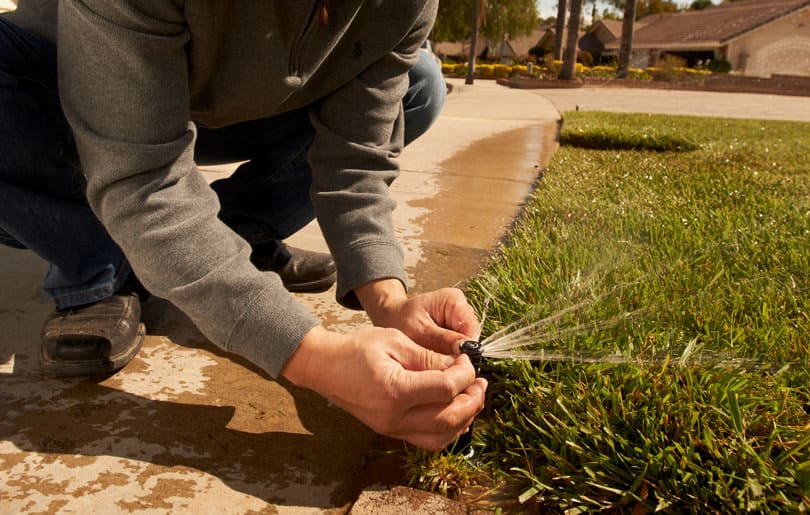
One of the biggest mistakes homeowners make when it comes to their sprinkler system is neglecting regular maintenance. Your sprinkler system is a complex network of pipes, valves, and heads that require periodic inspections, adjustments, and cleaning to ensure optimal performance. Ignoring regular maintenance can result in clogged heads, leaks, and uneven watering, which can lead to dry spots or overwatering, causing damage to your lawn and plants.
To avoid this mistake, make sure to schedule regular maintenance for your sprinkler system. This includes checking for leaks, cleaning or replacing clogged heads, adjusting the spray patterns, and verifying that all the components are functioning properly. Investing in routine maintenance can save you from costly sprinkler system repairs down the road and keep your system running efficiently.
- Ignoring Water Pressure Issues
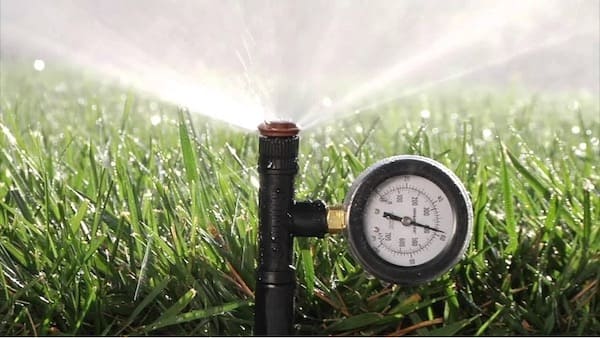
Water pressure plays a critical role in the performance of your sprinkler system. Too high or too low water pressure can cause problems such as misting, uneven watering, or even damage to the system. Ignoring water pressure issues can result in wasted water, increased water bills, and poor irrigation coverage.
To avoid this mistake, it’s important to regularly check your water pressure and make sure it falls within the recommended range for your sprinkler system. You can use a pressure gauge to measure the water pressure at different zones of your system and adjust it accordingly using the pressure regulator valve. If you notice any significant changes in water pressure, it’s best to consult a professional to diagnose and fix the issue to prevent further damage to your sprinkler system.
- Incorrect Sprinkler Head Placement
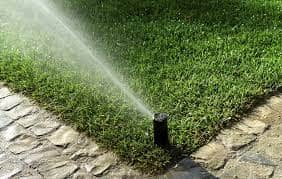
Proper sprinkler head placement is crucial for achieving uniform irrigation coverage and preventing dry spots or overwatering. Many homeowners make the mistake of installing sprinkler heads too close together, too far apart, or in the wrong areas of their lawn, resulting in inefficient watering and wasted water.
To avoid this mistake, it’s important to carefully plan and design your sprinkler system layout. Consider factors such as the type of soil, slope, sun exposure, and plant types in your lawn when determining the placement of sprinkler heads. Make sure to follow the manufacturer’s recommendations for spacing and coverage, and avoid overlapping spray patterns to prevent water waste. If you’re unsure about the proper sprinkler head placement, it’s best to consult a professional irrigation sprinkler installer to ensure optimal performance.
- Overwatering or Underwatering
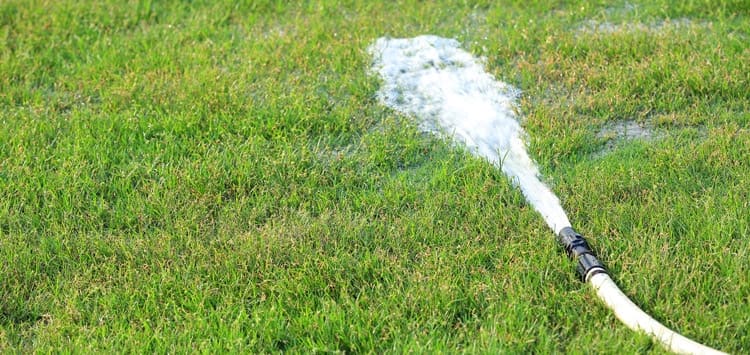
Watering your lawn too much or too little can cause significant damage to your sprinkler system and your lawn. Overwatering can lead to waterlogged soil, root rot, and fungal diseases, while underwatering can result in dry spots, stressed plants, and a weak root system.
To avoid this mistake, it’s crucial to calibrate your sprinkler system to deliver the right amount of water to your lawn based on its needs. Factors such as soil type, plant type, weather conditions, and evapotranspiration rate should be taken into account when setting your sprinkler system’s watering schedule. Using a smart controller that adjusts watering based on weather conditions can also help prevent overwatering or underwatering. Regularly monitor your lawn’s moisture levels and adjust your watering schedule as needed to ensure optimal irrigation coverage.
- Using the Wrong Type of Sprinkler Heads
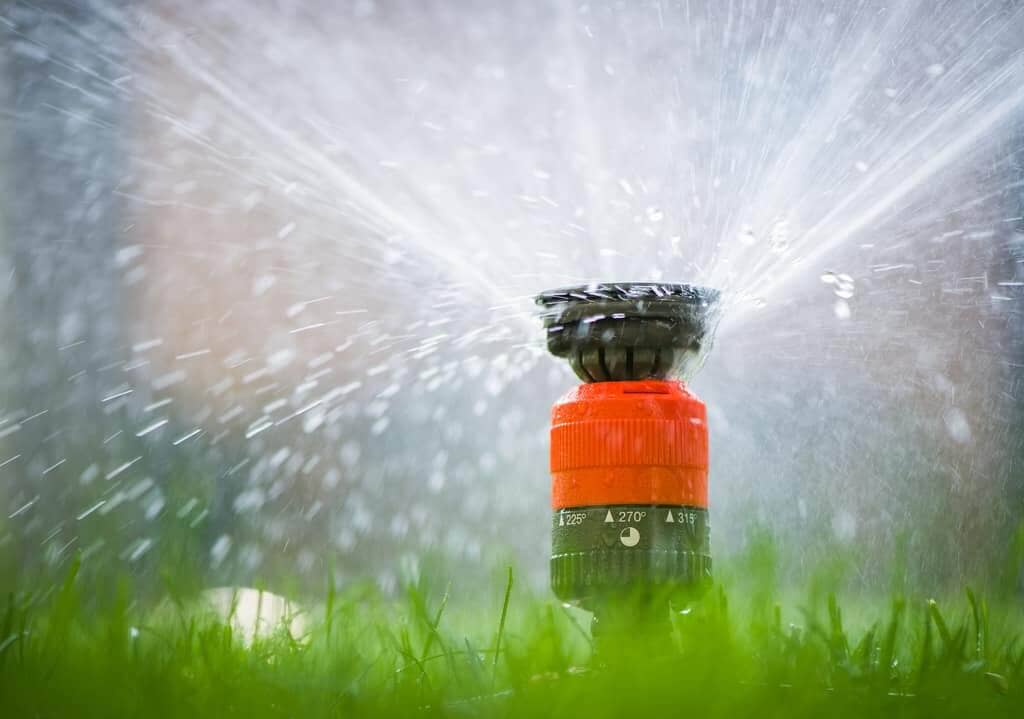
Using the wrong type of sprinkler heads for your lawn can result in inefficient watering and poor irrigation coverage. There are various types of sprinkler heads available, including spray heads, rotor heads, and drip irrigation, each with their own advantages and applications.
Spray heads are ideal for small, rectangular areas and provide a fixed spray pattern. Rotor heads, on the other hand, are suitable for larger areas and have rotating streams that cover a wider range. Drip irrigation is best for watering specific plants or areas with low water requirements, such as flower beds or shrubs.
Using the wrong type of sprinkler heads can lead to overwatering or underwatering, uneven coverage, and wasted water. It’s important to choose the right type of sprinkler heads for your specific lawn and landscape needs and ensure they are installed correctly to avoid any potential sprinkler system repair issues in the future.
- Not Checking for Leaks
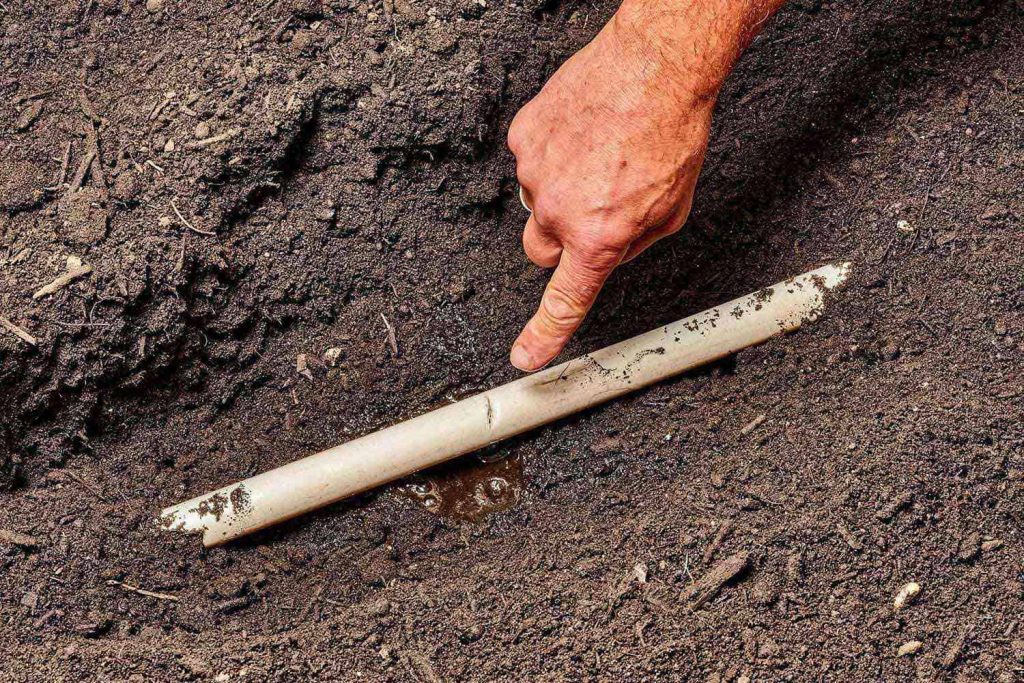
Undetected leaks in your sprinkler system can cause significant damage to your lawn, result in water waste, and increase your water bills. Many homeowners make the mistake of not checking for leaks regularly, which can lead to costly repairs and wasted resources.
To avoid this mistake, it’s important to regularly inspect your sprinkler system for leaks. Check for signs of water pooling, soggy areas, or unusually high water bills, as these may indicate a leak in your system. Inspect all the components of your system, including pipes, valves, and heads, for any visible signs of leaks or damage. If you notice any issues, it’s crucial to address them promptly to prevent further damage and unnecessary expenses.
- DIY Sprinkler System Repairs Without Proper Knowledge
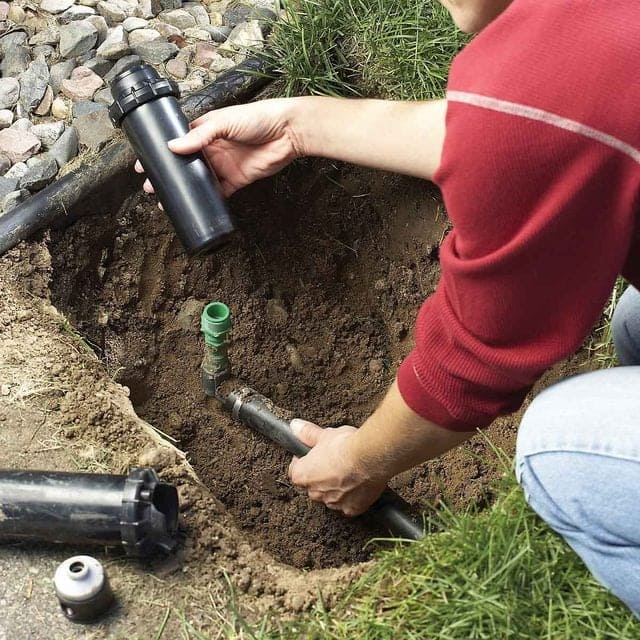
While it’s understandable to try to save money by attempting DIY sprinkler system repairs, it can lead to costly mistakes if you lack the proper knowledge and expertise. Many homeowners make the mistake of attempting to repair their sprinkler system without understanding the complexity of the system or the necessary steps for proper repairs.
DIY repairs without proper knowledge can result in incorrect adjustments, improper installations, or even further damage to the system. It’s crucial to have a good understanding of the sprinkler system components, their functions, and the proper repair techniques before attempting any sprinkler system repairs.
If you’re not confident in your abilities, it’s best to seek professional help. Hiring a qualified irrigation specialist or sprinkler system technician can ensure that repairs are done correctly and efficiently, saving you time, money, and potential further damage to your system.
Final Words
Maintaining a healthy and properly functioning sprinkler system is essential for a lush, green lawn and efficient water use. Avoiding common sprinkler system repair mistakes can help you prevent costly repairs, wasted water, and damage to your lawn and landscape.
Regular maintenance, proper water pressure, correct sprinkler head placement, avoiding overwatering or underwatering, using the right type of sprinkler heads, checking for leaks, and seeking professional help for repairs are all essential steps in ensuring optimal performance of your sprinkler system.
Sunlight Sprinkler has years of experience in repairing sprinkler systems for Residential and Commercial purposes. Reach out to us for a quick chat on how we can help.
By avoiding these common mistakes and following best practices for sprinkler system maintenance, you can enjoy a well-maintained, efficient, and environmentally-friendly irrigation system that keeps your lawn looking its best.

